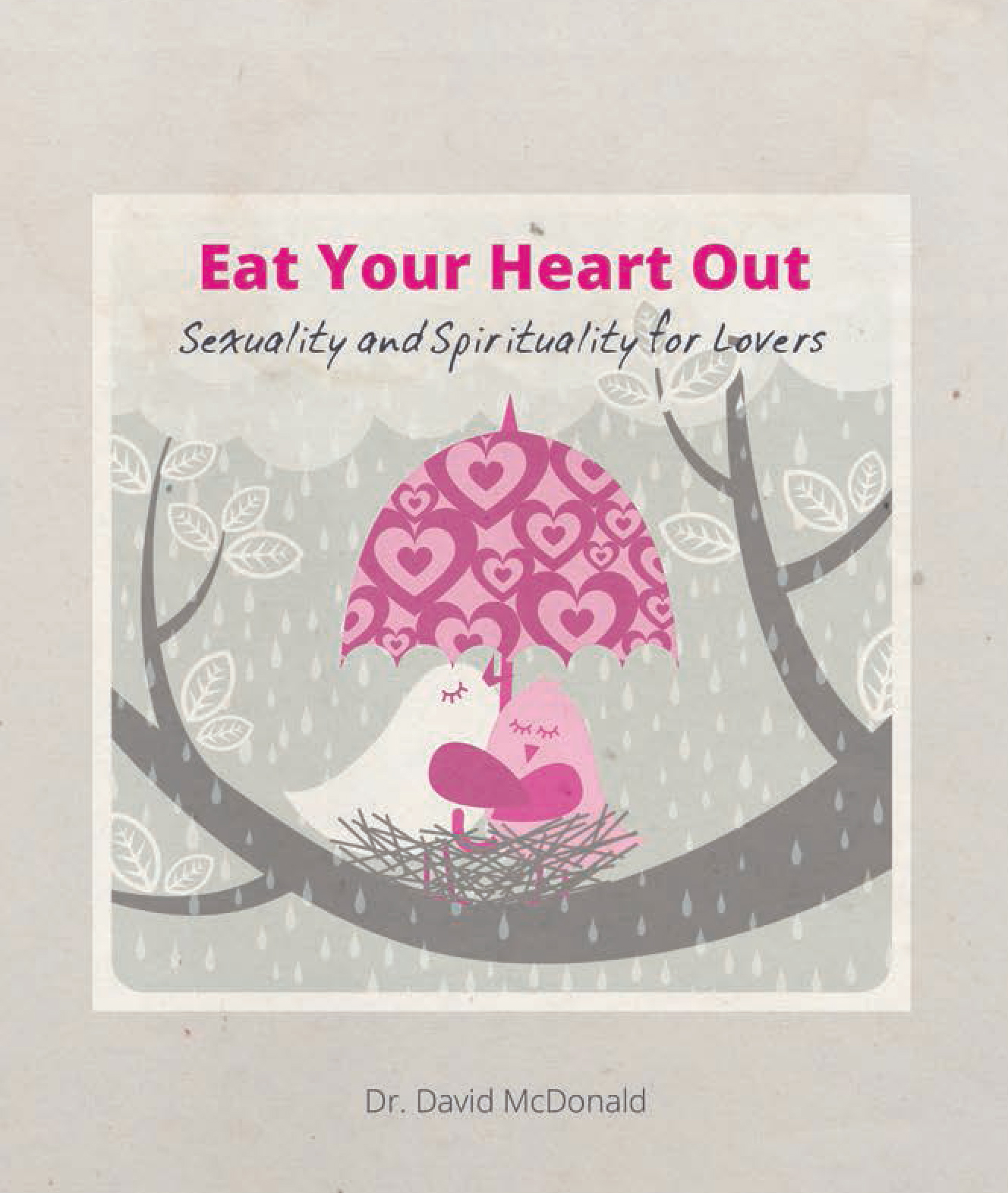I confess: I’m a fairly impish person. I like to joke around. I like to prank. I like to get into trouble with the people around me. Iggy Pop called this the Lust for Life. The French call it joie de vivre. I call it having fun.
But of course, this is more than just fun. It is love, too. So when I chase my wife through the house and tickle her, it’s more than mischief. It’s love. And when I get dolled up in my son’s Spiderman outfit so he and his sister can pretend to rob a bank, it’s not just role-play. It’s love. Or when I go to Starbucks with my friend Jvo and–as he goes to pay for our coffee, which he has just agreed to buy–I add as many items as I can to the bill, I am being mischievous, yes! But more, I am loving him.
This playfulness is evidence of a deep truth about love: it must be free.
Playfulness gives us the freedom we need to separate ourselves from the confines of real life. Real life, after all, is rarely playful and, even more so, rarely free. Most of us have jobs that require us to show up, put in our time, toe the company line, and behave our ever-bestest. So the opportunity to fool around once in a while is pretty therapeutic.
Playfulness also fosters some desire for skill. In short, we want to get better at the games we play. To pick up on our earlier example, I want to torment Jvo more skillfully than before because I detect that he’s wise to my old tricks. I need new tricks to keep frustrating him at Starbucks. Just like Spiderman needs new talents to apprehend the bank robbers. Just like Mrs. McDonald needs to be scared by her husband hiding in a new spot in the house.
It’s probably important to note that playfulness experiences a lot of crossover with other loves, most notably passion (Eros). In many ways this can be very healthy and exciting; in other ways, however, playfulness can deteriorate passion.
Playfulness can be too playful with something sacred, and so profane it. Ludic (from this word ludus, for playfulness) lovers, for example, are people who treat sex as a game and bounce from bed to bed in search of better experiences, better technique, and better stories. For such people, marriage feels like a trap, like they have lost the game they were playing and will now be held hostage to their spouse. This dark playfulness is not love, but manipulation, and great harm often results from such disregard for another person’s dignity.
But again, when enjoyed properly, what could be more fun than this game of life, this loving play?
When he created the earth, God said: It is good. But I think he also might have meant: This is fun.
fossores
Dr. David McDonald is the teaching pastor at Westwinds Community Church in Jackson, MI. The church, widely considered among the most innovative in America, has been featured on CNN.com and in the Wall Street Journal, the New York Times, and Time Magazine.
David weaves deep theological truths with sharp social analysis and peculiar observations on pop culture. He lives in Jackson with his wife, Carmel, and their two kids. Follow him on twitter (@fossores) or online at fossores.com
Related posts
Categories
Category Cloud
Tag Cloud
Recent Posts
- Victors and Victims November 6, 2018
- 3 Hacks for Happiness October 29, 2018
- Hope Against Death September 20, 2018
- The Shape Of The Cross September 19, 2018


